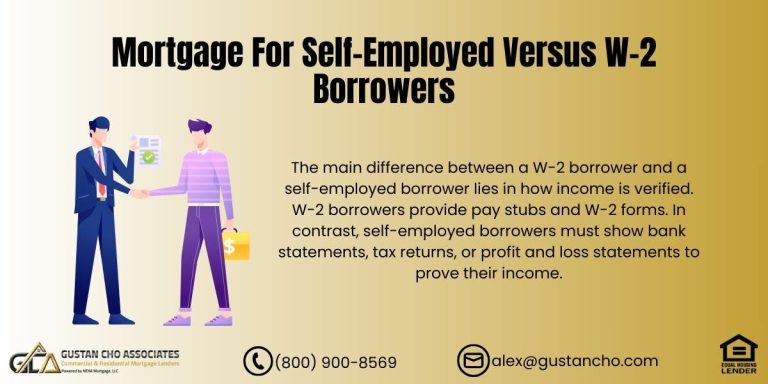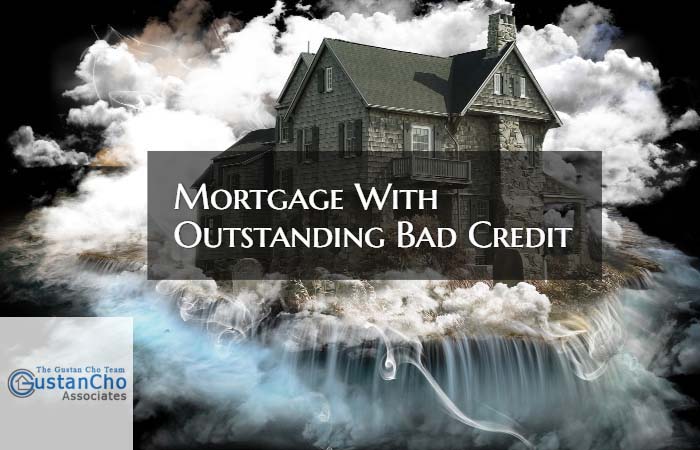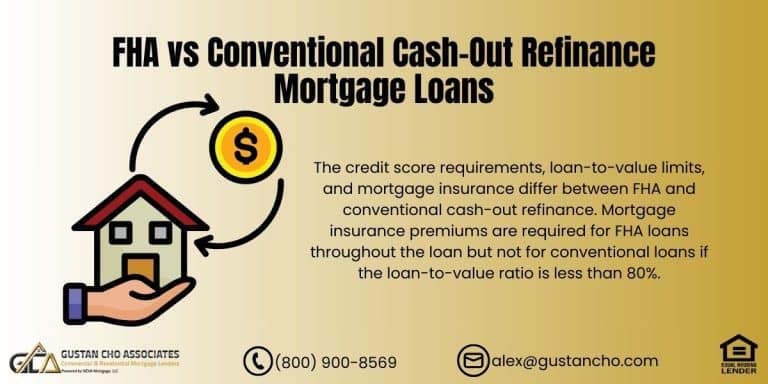This guide covers how mortgage brokers get paid on closed home loans. Mortgage brokers, loan originators, or loan officers are licensed professionals. Mortgage Brokers assist mortgage loan borrowers to qualify for home loans. Brokers are third-party consultants who match direct lenders with borrowers,
Mortgage brokers match borrowers with direct lenders that meet the lender’s mortgage guidelines. Mortgage brokers are not lenders, They are brokers who have wholesale relationships with lenders.
Mortgage brokers can have relationships with one to over a dozen direct lenders. For mortgage brokers to be able to do business with a particular mortgage lender, they mortgage broker need to meet the qualification requirements of the lender. A wholesale mortgage lender needs to approve the individual mortgage broker. The following paragraphs will discuss how mortgage brokers get paid on closed loans.
Wholesale Lenders
Wholesale lenders will review the mortgage brokerage company’s years in business, the type of business they do, the volume of business, and the regulatory standings of the mortgage brokerage company. How mortgage brokers get paid? Mortgage brokerage companies get paid by wholesale mortgage lenders via yield spread premium or commission.
Mortgage Brokers: Get Paid on Closed Home Loans! Start Earning Today!
Contact us today to learn how you can get paid on every closed home loan.
How Does a Broker Get Paid?
Mortgage brokers do not get paid by borrowers. How mortgage brokers get paid by lenders after the borrower’s home loan gets closed and funded is by wholesale lenders. The commission of a mortgage broker, the yield spread premium, must be disclosed by law on the Good Faith Estimate or Loan Estimate.
The Yield Spread Premium is part of the origination charges. This holds true even though the mortgage broker gets paid by the lender and not the consumer. Brokers cannot accept any upfront fees from borrowers for their services.
There is a lot of work in preparing, processing, and underwriting a mortgage loan application. The mortgage brokerage company has overhead just like any other brokerage company. The owner of the mortgage brokerage company must pay secretaries, mortgage openers, mortgage processors, and office expenses. How mortgage brokers get paid is through yield spread premium from wholesale lenders on each deal.
Do Mortgage Brokers Use Their Own Money?
No, mortgage brokers do not use their own money to fund loans. Their main function is to assist borrowers in finding appropriate mortgage products by comparing different loan options from various lenders rather than acting as direct intermediaries between borrowers and lenders. Once they identify a suitable loan, they facilitate the application process and help negotiate terms. The actual funding for the mortgage comes from the lenders they connect borrowers with, not from the brokers themselves.
Can Mortgage Brokers Charge Upfront Fees?
Unlike law firms or professional consulting companies, brokers cannot charge consumers a retainer or upfront fee. Borrowers can cancel a loan application at any time before closing. A mortgage broker can perform many hours of work. If borrowers cancel the application before funding and decide to go with a different company, the broker has just wasted all of his or her time.
All costs of processing the loan cannot be charged to borrowers. However, if the loan application gets clear to close and funded, the brokerage company and the individual broker get paid by the lender. This is how mortgage brokers get paid once the borrower’s loan closes and is funded.
Maximum On How Mortgage Brokers Get Paid
Before the 2008 Real Estate and Mortgage Meltdown and before the SAFE ACT and Dodd-Frank Mortgage Laws, there was no maximum on how mortgage brokers get paid. Some mortgage brokers charged a 10% commission or yield spread premium and got away with it, especially on subprime loans. However, the whole lending industry went through a major overhaul.
Mortgage brokers now need to take mandatory pre-licensing courses, take national and state exams, go through federal and state criminal background checks, and go through credit checks before getting their mortgage loan originator’s license. There are also maximum fees borrowers can get charged.
The maximum origination fee borrowers can charge is no more than 3%. This includes processing and underwriting fees. Since borrowers normally get charged a $1,000 processing and underwriting fee, most brokers who want the maximum compensation can only charge a 2.75% yield spread premium. The commission, yield spread premium, is paid for by the lender and not the consumer.
Yield Spread Premium Versus Mortgage Rates
Each mortgage brokerage company can decide how much their yield spread premium by lenders. Some mortgage brokerage companies only charge a 1.5% yield spread premium. That is the agreement they have with the direct lender. The higher the yield spread premium the broker has with the lender, the higher the mortgage rates will be for borrowers.
Mortgage brokerage companies who want to offer their borrowers the lowest possible mortgage rates have the lowest yield spread premium agreement with their lenders. Borrowers who need the services of mortgage brokers because they have multiple lenders choose brokers versus direct lenders.
Unlike mortgage bankers, brokers can go to many lenders, who normally can only follow their mortgage banking company’s lending guidelines. Mortgage brokers, like other professionals, need to get paid. Most mortgage brokers specializing in hard-to-do financing will charge the maximum 2.75% yield spread premium.
Ready to Get Paid for Your Closed Home Loans? Join Our Team of Successful Mortgage Brokers!
Reach out now to learn how you can start closing deals and getting paid for your efforts.
Yield Spread Premium Agreements Between Mortgage Broker And Wholesale Lenders
When a brokerage company enters into the compensation or yield spread premium agreement with the lender, the broker decides on what yield spread premium compensation package they want. The lower the yield spread premium, the lower the mortgage rates.
The higher the yield spread premium, the higher the mortgage rates for borrowers. Due to anti-steering rules and regulations, once a broker sets a yield spread compensation package with lenders, that agreement is in effect for a set amount of time. Brokers cannot flip-flop with a yield spread premium.
How Does Yield Spread Premium Compensation For Mortgage Brokers Work
Everyone originating loans in that particular brokerage company must stick with that yield spread premium. For example, here is a case scenario. Suppose a company agreed on a 2.75% yield spread premium agreement with a lender; that mortgage rate is 4.75%.
If they chose a yield spread premium compensation of 2.0%, the rates for their borrowers would have been 4.0%. A mortgage broker cannot decide to choose the 2.0% yield spread premium for a particular client because he wants to give that client a better rate and cut his commission.
Once the owner of the broker company decides on a special commission rate he or she wants to stay on, that commission rate will stay until they decide to change the comp plan, which they can do.
What is a Disadvantage of a Mortgage Broker?
A disadvantage of using a mortgage broker is the potential for higher costs. Mortgage brokers serve as go-betweens for borrowers and lenders, often levying charges for their services. These charges can increase the total expense of the mortgage, either as an initial fee or integrated into the interest rate.
Additionally, since brokers work with multiple lenders, there might be a need for more transparency regarding how they select the lenders they recommend, potentially leading to conflicts of interest where the broker might prioritize lenders that offer higher commissions over those offering the best terms for the borrower.
FAQs: How Mortgage Brokers Get Paid on Closed Home Loans
1. What is the primary role of a mortgage broker? Mortgage brokers are licensed professionals who assist borrowers in qualifying for home loans by matching them with direct lenders. They act as third-party consultants and do not use their funds to finance loans.
2. How do mortgage brokers get paid? Mortgage brokers are paid by wholesale mortgage lenders via yield spread premium or commission after the borrower’s home loan is closed and funded. This payment must be disclosed on the Good Faith Estimate or Loan Estimate.
3. Do mortgage brokers use their money to fund loans? No, they do not. They facilitate the loan process by connecting borrowers with lenders who provide the actual funding.
4. Can mortgage brokers charge upfront fees to borrowers? They cannot charge borrowers upfront fees for their services. They are paid by lenders once the loan is closed and funded.
5. What are the qualification requirements for mortgage brokers to work with wholesale lenders? Mortgage brokers must meet the qualification requirements of the wholesale lenders, which include reviewing the brokerage company’s years in business, type of business, volume of business, and regulatory standings. The wholesale lender must approve the individual mortgage broker.
6. What is a yield spread premium? A yield spread premium is the commission wholesale lenders pay to mortgage brokers. It is part of the origination charges and affects the mortgage rates offered to borrowers. The higher the yield spread premium, the higher the mortgage rates.
7. Are there maximum limits on how much mortgage brokers can charge? Due to regulations such as the SAFE ACT and Dodd-Frank Mortgage Laws, the maximum origination fee that mortgage brokers can charge is 3%. This includes processing and underwriting fees.
8. What happens if a borrower cancels a loan application before closing? If a borrower cancels a loan application before closing, the mortgage broker does not get paid, and the loan processing costs cannot be charged to the borrower. The broker only gets paid once the loan is clear to close and funded.
9. How do yield spread premium agreements affect mortgage rates? The yield spread premium agreements between mortgage brokers and lenders determine the mortgage rates offered to borrowers. A lower yield spread premium results in lower mortgage rates, while a higher yield spread premium leads to higher rates.
10. What is the disadvantage of using a mortgage broker? A disadvantage of using a mortgage broker is the potential for higher costs due to service fees. Additionally, there may be a lack of transparency in how brokers select lenders, potentially leading to conflicts of interest where brokers prioritize lenders that offer higher commissions over those with better terms for the borrower.
If you have any questions about How Mortgage Brokers Get Paid on Closed Home Loans or you need to qualify for loans with a lender with no overlays, please contact us at 800-900-8569. Text us for a faster response. Or email us at alex@gustancho.com. The team at Gustan Cho Associates is available 7 days a week, on evenings, weekends, and holidays.
This blog about How Mortgage Brokers Get Paid on Closed Home Loans was updated on May 21st, 2024.
Looking to Get Paid on Closed Home Loans? Let’s Help You Close More Deals!
Contact us now to get the support and resources you need to start earning on every closed deal.










